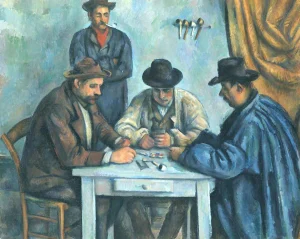Category Archives: Philosophy
Who Owns the Future? A Short History of Futurists and Power
The future is not a product to be owned. It’s a field of struggle, of
Five Descartes Quotes That Still Sharpen Your Mind
René Descartes is often called the father of modern philosophy because he reset the basic
Leibniz’s Monads, in Plain Language
On the face of it, Leibniz’s monads can sound wildly abstract: partless, non-spatial centers of
Five Sartre Quotes That Won’t Leave You Alone
There is only this life, this set of circumstances, and the responsibility—sometimes thrilling, often frightening—to
Martin Heidegger: Genius in the Shadow
Before his death in 1976, Heidegger oversaw plans to publish his collected works: more than
Who Gets to Call It Art? Inside the “Artworld” Theory
The institutional theory doesn’t solve every problem, but it does shift the question in an
Adam Smith: The Philosopher Who Revolutionized Economics
Adam Smith proved that to understand markets you must first understand people
Hegel, Freedom, and the Evolution of Ethics
The impact of Hegel’s dialectical method on contemporary ethical and political theory cannot be overstated
Kant’s Ethical Revolution: Duty, Autonomy, and the Categorical Imperative
Immanuel Kant’s ethical revolution represents one of the most significant turning points in the history
Montesquieu, Rousseau, and the Evolution of Social Institutions
The intellectual legacy of the Enlightenment is marked by a profound engagement with the complexities










